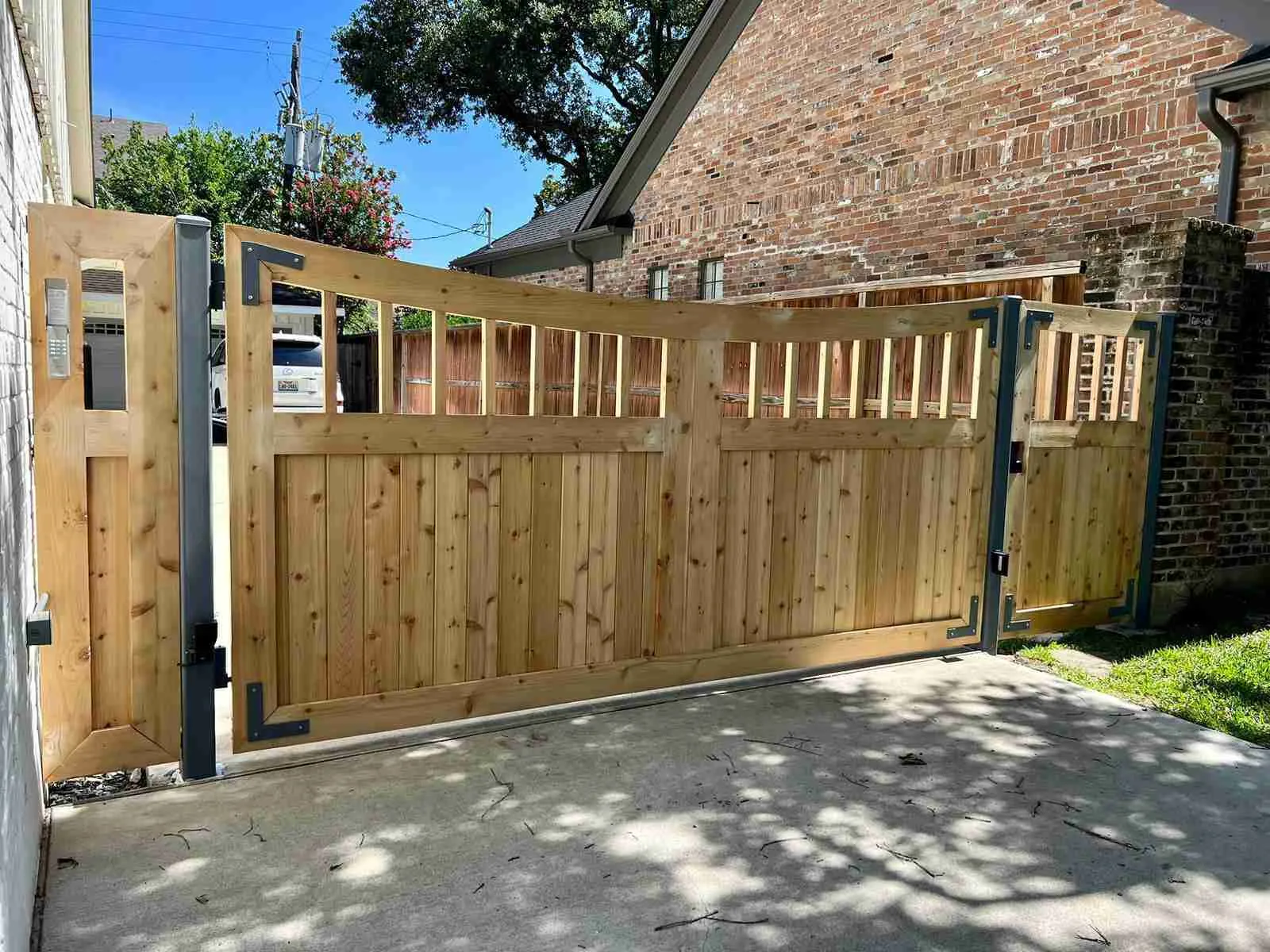Image this: Colossal, fuel-driven autonomous robots bulldoze throughout acres of homogeneous farmland below a blackened sky that reeks of pollution. The trees have all been chopped down and there are no animals in sight. Pesticides are sprayed in excess since human beings no extended tend to the fields. The devices do their jobs—producing significant quantities of food to feed our expanding population—but it truly is not without ecological expense.
Or, visualize a different future: More compact robots cultivate mosaic plots of many distinctive crops, operating all-around the trees, streams, and wildlife of the pure landscape. They are powered by renewable power sources, like the sunshine, wind, or it’s possible drinking water. Agrochemicals are a thing of the previous, simply because the robots support the ecosystem remain in harmony, so pests and superweeds are kept at bay. It’s a futuristic Garden of Eden, entire with blue skies, eco-friendly pastures, and clean up air.
Which entire world would you want your food to arrive from?
These are the two futures imagined by Thomas Daum, an agricultural economist at the University of Hohenheim, who works on food safety and sustainable farming in places like Uganda and Bangladesh. In July, he printed a believed piece in Developments in Ecology & Evolution that laid out twin visions of an ecological utopia or dystopia in an work to talk about how the technological revolution in farming—also recognized as Agriculture 4.0—could condition our potential.
“Today’s farming has to alter,” claims Daum, who anxieties that the disruptive outcomes that agricultural engineering is having on the atmosphere aren’t having enough attention. The local climate change mitigation tactics outlined in the Paris Agreement are not able to be fulfilled devoid of transforming how we expand food items. “Even if you improve all the other sectors,” he says, “if you really do not improve agriculture, we will nevertheless miss those targets.”
Even in a globe devoid of massive farm robots, huge-scale farming practices are previously switching the atmosphere. “Agriculture inherently is an intentional shaping of the ecology of a particular area,” claims Emily Reisman, a human-atmosphere geographer at the University of Buffalo. We take away wildlife, degrade the soil, and obvious the land to much better grow food items, as nicely as spray chemicals to ward off pests and disease.
When we insert current farm technologies to that blend, nicely, it receives even worse. Equipment like tractors, harvesters, and crop-monitoring drones commonly call for managed environments to function successfully, so unpredictable factors will have to be eradicated as significantly as attainable in industrialized farming. This can imply calendar year following calendar year of monocropping on perfectly stage fields with little variation in development, anything ripening at the same time, and the regular application of herbicides, pesticides, and fungicides to guarantee uniformity. The standardization is a outcome of our have to have to mechanize agriculture, claims College of Rhode Island sustainable food items techniques scientist Patrick Baur. “That is farming and the agro-ecosystem and the complete cultivation procedure getting formed to satisfy the needs of the equipment,” he claims.
The environmental consistency desired for industrialized agriculture has significantly contributed to a decline of biodiversity, the selection of plant and animal existence important to preserve ecosystems in harmony. Biodiversity guards h2o excellent, moderates worldwide temperatures by trapping carbon in the soil (alternatively of in the air), and ensures that there are insects to pollinate the crops and normal predators to decrease the existence of pests. “Machines drastically cut down the range of insect existence, microbial everyday living, and flora and fauna,” Baur states, mainly because so much of it demands to be cleared away for them to operate optimally.
But why do we will need equipment to make food stuff? It’s an issue of economics. To hold up with the at any time-climbing demands of a expanding inhabitants, agriculture involves extra and additional labor. Foods is also considerably more affordable than it was in the earlier, pressuring farmers to create higher yields at reduce gain. As a result, if area laborers make fewer income and depart the business for far better-shelling out alternatives, farmers may perhaps significantly change to mechanization to fill the gap.





More Stories
Common Mistakes To Avoid While Choosing Bolt Manufacturers
Computer and Technology Today
The Reasons Agriculture is Important